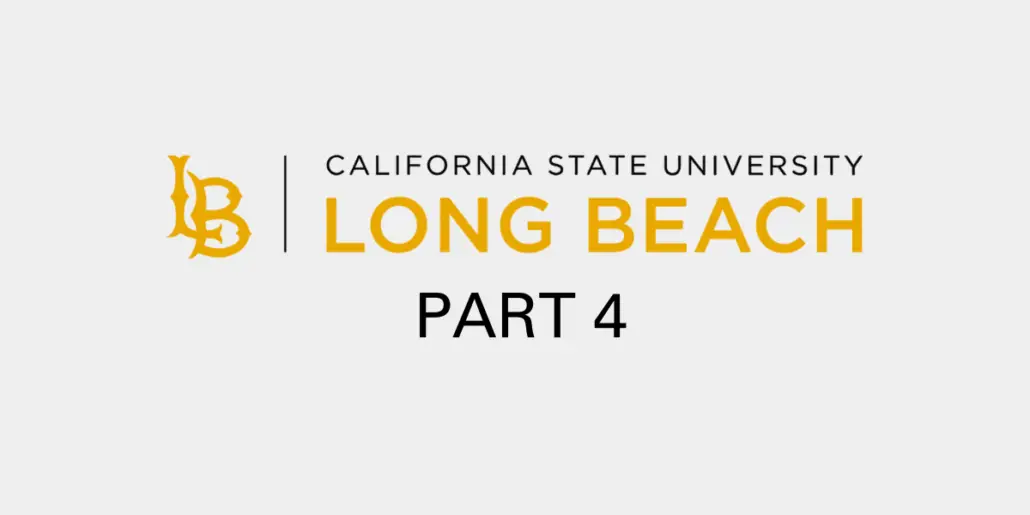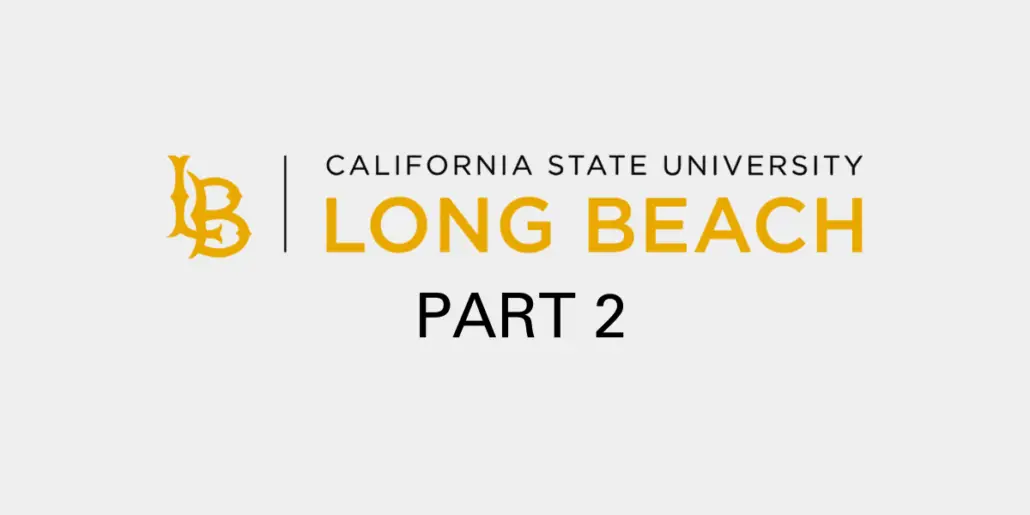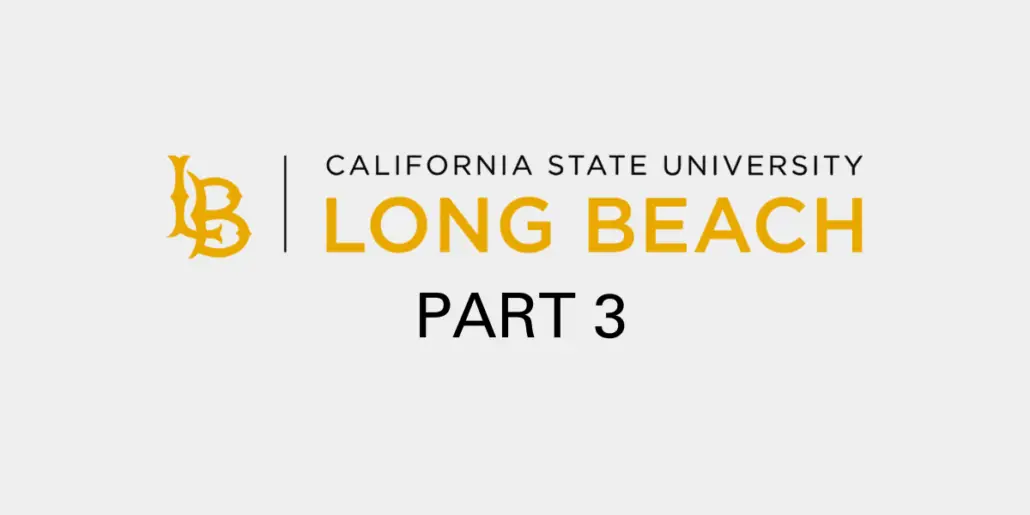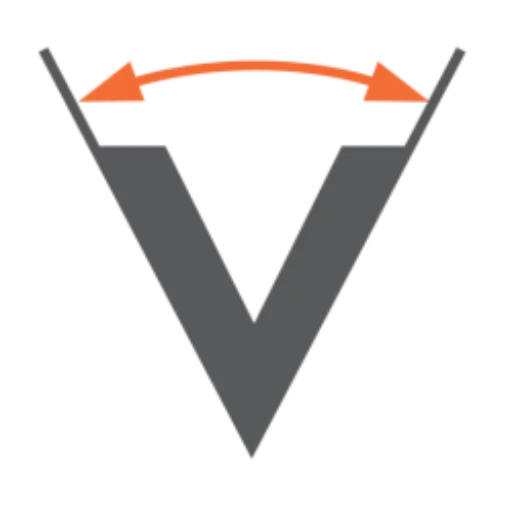Menu
Close
- Platform
AI Gateway
AI Resource Management
AI Notebook & Sandbox
Interactive Learning Platform
AI & Cloud Resources
Digital Teaching Assets
Cloud Labs
Versatile Cloud Environments
Cloud Management Console
Cloud Operations Hub

Google Colab
Colab Integration
Teaching & Learning Tools
Educational Administration Tools
- Solutions
Customer Training
Tailored Client Education
Employee Training
Workforce Skill Development
HigherEd
GenAI For Campus
- Company

About us
Case Studies

News

Webinars

Linkedin
Careers
- Resources
Contact Us

Interview
Help Center
- Platform
AI Gateway
AI Resource Management
AI Notebook & Sandbox
Interactive Learning Platform
AI & Cloud Resources
Digital Teaching Assets
Cloud Labs
Versatile Cloud Environments
Cloud Management Console
Cloud Operations Hub

Google Colab
Colab Integration
Teaching & Learning Tools
Educational Administration Tools
- Solutions
Customer Training
Tailored Client Education
Employee Training
Workforce Skill Development
HigherEd
GenAI For Campus
- Company

About us
Case Studies

News

Webinars

Linkedin
Careers
- Resources
Contact Us

Interview
Help Center




